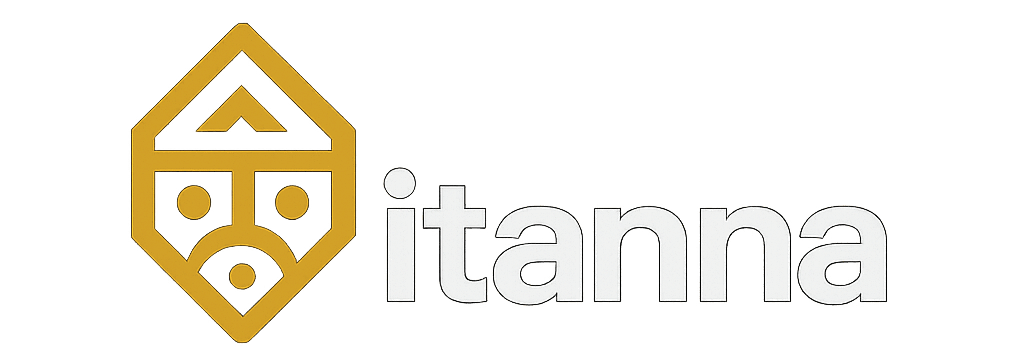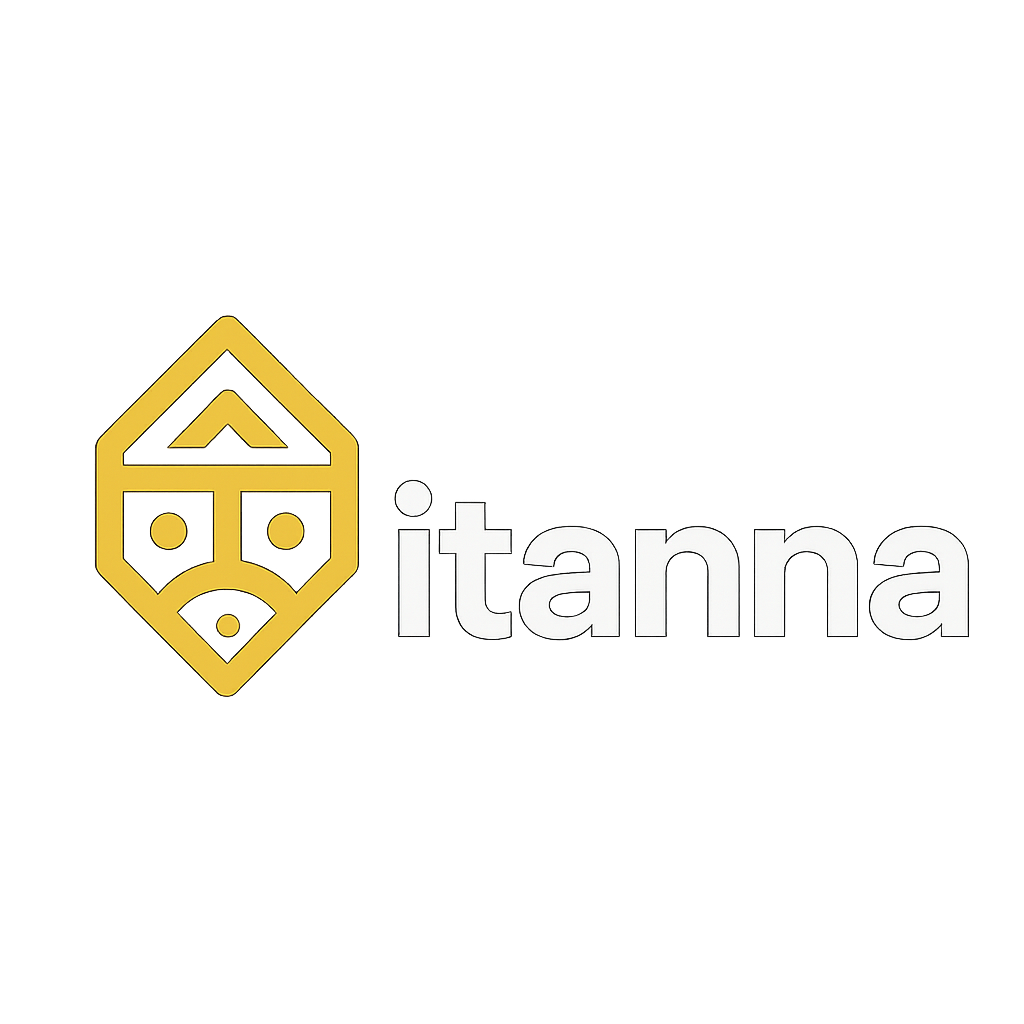When I joined Itanna about a year ago, I knew it would be a challenge. Building a startup accelerator from the ground up—especially within one of Nigeria’s most established conglomerates—was no small feat. But it was exactly the kind of mission I was ready to take on. Today, as I sit in the Enterprise Factory, watching our current Cohort prepare for Demo Day, I find myself reflecting on the journey we’ve taken to get here.
Nigeria’s tech ecosystem is evolving fast. Incubators and accelerators are becoming more common, though they’re still maturing. There’s some healthy competition between these programs—each of us trying to attract high-potential startups—but what really sets each apart is its unique value proposition. Itanna stood out to me from the very beginning because of its deep integration with Honeywell Group, one of the country’s most influential and diversified business groups. While most legacy businesses struggle to innovate, Honeywell didn’t just embrace the future—they decided to invest in it directly.
As a company that spans agriculture, energy, infrastructure, and more, Honeywell has always operated with a clear mission: to use enterprise as a force for good. With tens of thousands of employees and nearly five decades of experience in building businesses, the group recognized how crucial technology would be to Nigeria’s economic future. Rather than sit on the sidelines, they created Itanna—a platform to directly support and scale the next generation of African founders.
From day one, Itanna was built around three pillars: acceleration, investment, and mentorship. And while we share similarities with other incubators—offering legal and HR support, product refinement, UI/UX guidance, technology reviews, and access to mentorship—the real differentiator is our ability to connect startups with Honeywell’s expansive business network. This goes beyond funding or advice; it’s about giving founders real access to decision-makers, distribution channels, and commercial partnerships that can transform their trajectory.

We launched our program in August and received over 200 applications from across the continent, with a strong showing from Nigerian startups. Our investment criteria were precise: startups needed to have Pan-African scalability, strong and credible founding teams, and a minimum viable product (MVP) with visible traction—whether that was through user growth or strategic partnerships. We selected those we believed had both vision and execution.

Over the course of four months, the program delivered an intense blend of workshops, strategy sessions, mentorship, and founder-focused learning. Every step was designed to accelerate real growth. And now, as we approach Demo Day, the results are clear. Challenges have been met with resilience. MVPs have matured into viable businesses. Some of the Cohort have even begun securing strategic conversations with industry leaders. I recently watched one of our founders confidently pitch to Honeywell Group’s Executive Director during a public event—a moment that perfectly captured the essence of what Itanna represents: access, boldness, and opportunity.

Still, hustle and inspiration can only take a business so far. That’s why the final stretch of our program zeroes in on the fundamentals: market readiness, revenue modeling, governance, compliance, and growth metrics. These are the exact questions investors will be asking when our founders step up to pitch on Demo Day. As Head of Investments at Itanna, it’s my job to make sure they’re ready—to help them sharpen their responses, refine their models, and present their startups not just as ideas, but as investable ventures.

This journey has shown me what’s possible when visionary founders meet open-minded corporates. By combining startup energy with the backing of a legacy brand, we’re helping bridge a long-standing gap in Nigeria’s innovation ecosystem. We’re not just accelerating companies—we’re building a new kind of relationship between enterprise and entrepreneurship in Africa.

